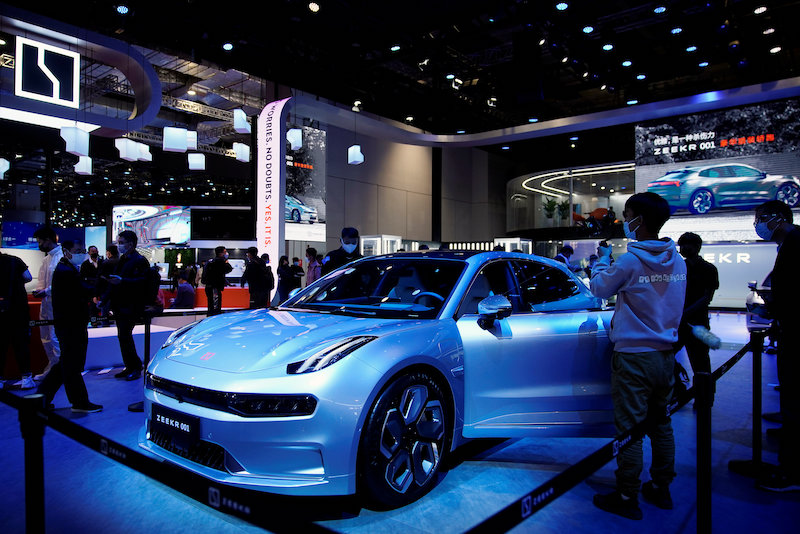China’s Zhejiang Geely Holding Group has begun building a satellite network to provide more accurate navigation for autonomous vehicles.
Nine self-designed and manufactured GeeSAT-1 satellites, were launched on Wednesday from the Xichang Satellite Launch Centre in the southwestern province of Sichuan.
Geely said it expects another 63 to be in orbit by 2025 and eventually plans to have a constellation of 240.
With the launch, Geely becomes the second major carmaker to have an allied space business.
SpaceX, owned by Tesla chief executive Elon Musk, has more than 2,000 satellites in orbit for its Starlink network that offers commercial internet services. Starlink plans to have a first-generation network of 4,408 satellites.
While SpaceX uses its own rockets to launch its satellites, Geely used a Long March 2C rocket developed and operated by a Chinese state-owned entity to launch the nine units to serve its autonomous vehicles.
ALSO SEE: China Fears US Will Use SpaceX to Bring Calamity to World
Other Functions
In addition to providing high-precision positioning support to self-driving cars, Geely said its network will also serve other commercial functions such as providing communication services at the Asian Games in September.
The satellites have an operating lifespan of five years and will disintegrate in earth’s atmosphere without leaving any space debris, the company added.
China’s satellite networks are dominated by its military but the government began to allow private investment in the country’s space industry in 2014.
- Reuters, with additional editing by George Russell
READ MORE:
China Study Shows Flaw in Self-Driving Cars – New Scientist
GM Bets $3.5bn More on Self-Driving Tech Unit as SoftBank Exits
France’s Renault Sells Stake in Korean Arm to China’s Geely
























